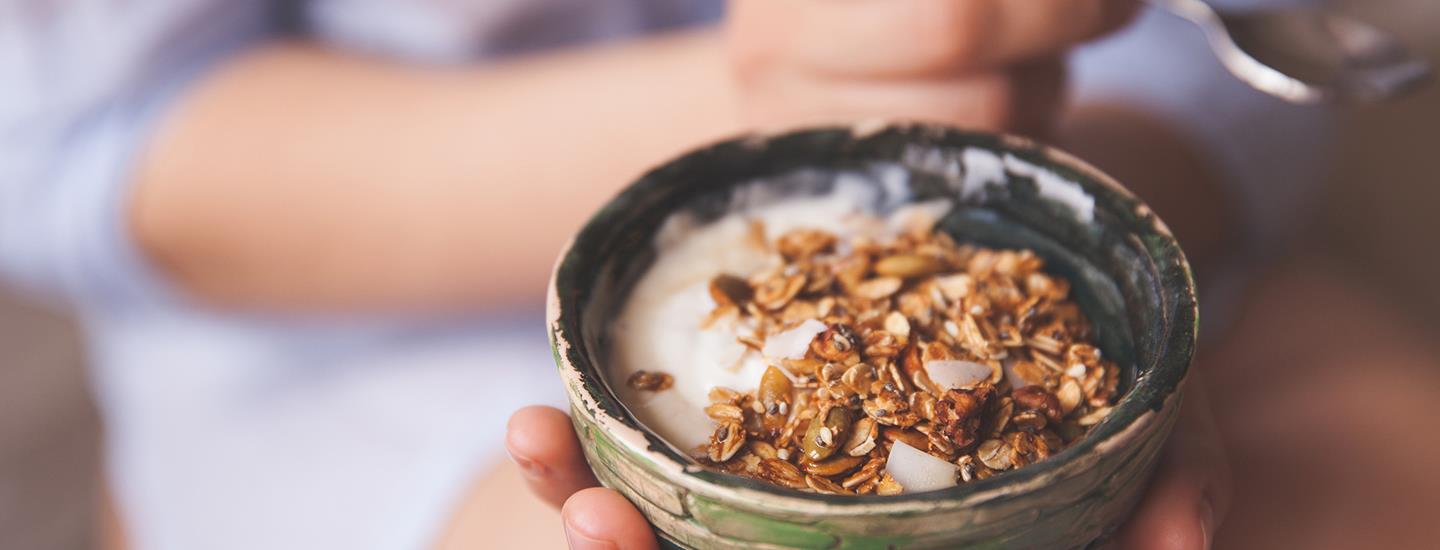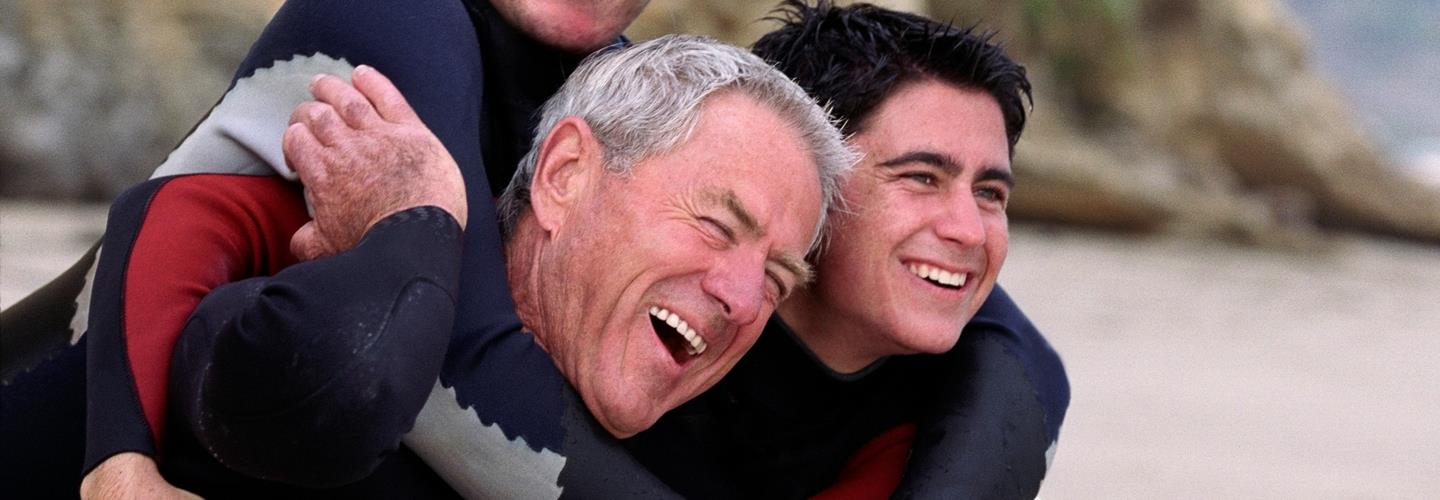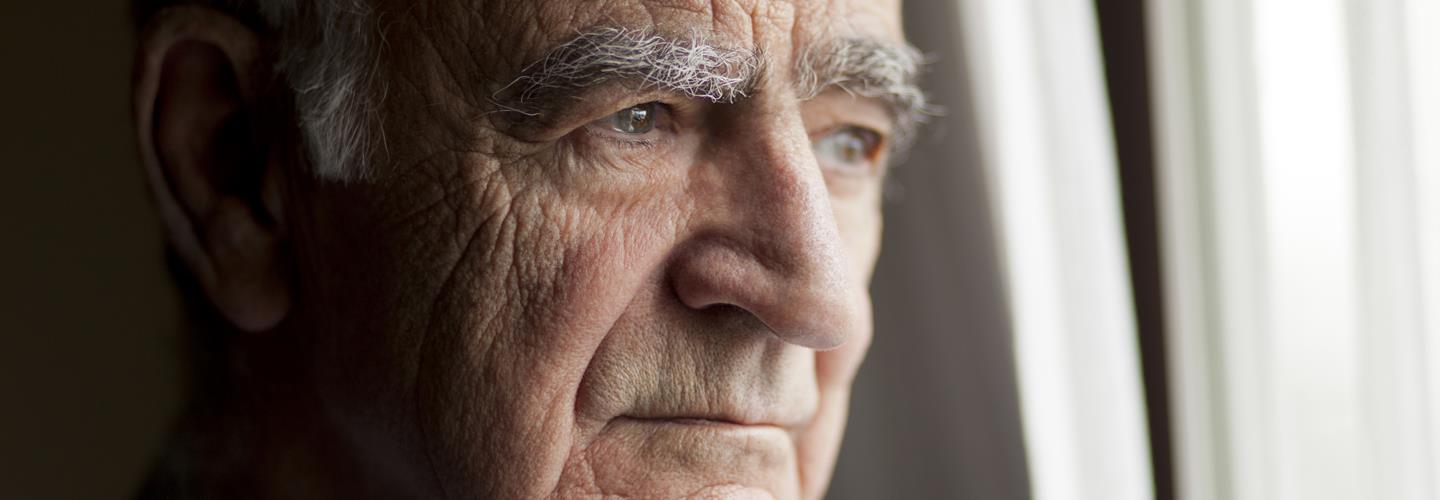To celebrate International Nurses Day, we asked our clinical consultants to share their perspectives on the evolution of health IT and how technology will shape the future of healthcare.
How will technology shape the future of healthcare?
Ken Wooding, Clinical Consultant, United Kingdom
I joined the NHS as a nurse back in the 1990s. I worked in surgery, predominantly in vascular surgery, then moved into management before being lured into technology through the training route. I worked for companies involved in the National Programme for IT and in the development of electronic patient records, and then I joined Orion Health about seven months ago.
When I was nursing, I was always going to my managers and saying: ‘I want to do this course’ or: ‘I want to go to this event’! Nurses should be getting out there because our role is always evolving. As a nurse practitioner, you can be prescribing and making decisions, in a way that wasn’t possible when I started out; and having the right technology and the information it makes available is an important part of that.
A big change I see is access for patients, or citizens, because it isn’t the case that everybody is a patient, but everybody should be able to access information about healthcare. The NHS made a start during the pandemic, with an app to alert you if you had been in contact with someone with Covid, but it could go a lot further.
If you are living with diabetes, for example, there are devices that you can wear that monitor your insulin levels. They could be combined with an alert system, that would send a signal to a clinician if there was a problem, so they could work with you to put it right. That is what excites me: the idea that technology will help citizens to make more informed choices.
The other thing that Covid showed us is that lots of things that we thought had to be done in a clinic can be done by video call. In fact, it’s often safer, because you don’t have to ask sick and elderly people to travel to a hospital or GP clinic just to come into contact with more people who might be ill.
Rebecca Gates, Clinical Consultant, United Kingdom
I started in finance but then retrained as a nurse and qualified in 2010. I went into high dependency and renal nursing, but then I moved to the Scottish Borders and moved into substance misuse. I worked in prisons for a while, and then I joined a technology company, although I returned to nursing during the pandemic. Then the opportunity came up to work at Orion Health while studying for an MBA in global healthcare, and I joined two months ago.
I’d like to see more nurses getting involved with technology. I see clinicians getting involved in forums and webinars and I don’t always see my nursing colleagues do the same. It would be great to see more nurses step up, because we do have a different perspective.
Technology will empower patients. Instead of waiting for a letter to come through the door with an appointment on it, patients will be able to see their health status and get advice about it. Also, as we’re coming out of the pandemic, people can see how stretched the NHS is, but also how valuable it is, so I think they will support a shift from reactive to proactive care.
I think it’s very interesting that NHS England has recognised that and is making a big push on virtual wards. Remote working is also fairer. If you live on a remote Scottish island, you’re looking at a very long journey to come into a big city for an appointment. Remote working gives more people access to care, and it’s technology that creates opportunities for remote working.
How do you use your clinical experience to enrich solutions at Orion Health?
Sandra Oldfield, Senior Clinical Consultant, New Zealand
I am always left pondering when asked about my ‘job’ – what do I really do?! Yes I am a qualified nurse – having worked in a variety of clinical/specialist areas – but I have also qualified as a health informatics specialist – which combined with my nursing skills and experience brings together a broad range of clinical and health informatics knowledge.
As a clinician and clinical informatician I hope to be recognised as being someone who has the knowledge of the ‘how’ – having directly delivered patient/population health services and hands on patient care in a professional nursing role – BUT when combined with my knowledge and understanding of informatics concepts, methods and tools I can enable transformation of healthcare that will improve clinical information systems in use by my fellow nursing colleagues.
But what I usually say – I am a translator, an interpreter – working with people who develop and implement the tools that are used in healthcare.
Angela de Zwart, Clinical Solutions Specialist, New Zealand
I have over 25 years of clinical experience predominantly in ED but also working in Coronary Care, Adult Rehabilitation and as a Staff and Patient Educator in Spinal Injuries. I have also worked in emergency medicine and injury prevention research. I have a current Annual Practicing Certificate and have just completed the online training to become a COVID-19 Vaccinator with the intent of taking on a part time clinical role as a vaccinator.
I was a past chair and am a current member of the NZ Nursing and Midwifery Informatics special interest group.
Do I miss clinical practice? Yes, I miss patient contact, but I now have the opportunity to improve the health outcomes of thousands of patients. Having a background in research and data I also see the value in providing clinicians and patients with the right information at the right time and capturing health data in a way that allows for analysis and insights.My clinical background and global experience enables me to strategically feed into the development and implementation of solutions commonly used in healthcare, with a focus on user adoption and clinical safety.
Karla Vermeer, Clinical Consultant, Canada
If there ever was a year to pause and reflect on the contributions that nurses make to society, this is it! “If there are angels in heaven, they must all be nurses” - President-elect Joe Biden, Jan 19th, 2021, speaking at a memorial for COVID-19 victims.
Florence Nightingale is known as the founder of modern nursing and hospital epidemiology. Building on her incredible contribution, the contemporary nursing we celebrate today represents a broad spectrum of highly qualified clinicians addressing complex nursing challenges with care, wisdom, and innovation.
The complexity of our societies and health care systems now requires excellent nursing care. The COVID-19 pandemic added urgency and complexity to in-person and virtual patient care; while thrusting nurses across the globe into leadership roles in the performance of high-intensity collaborative team approaches to care. With compassion at the forefront, nurses continue to advocate for high-quality care of patients, effective community supports, and easily accessible health care. Nurses dedicate their professional lives to providing care and oversight using scientific guidelines and approaches for excellent care. Holding a hand or listening to a patient is accompanied by assessments based on critical thinking that can lead to health care decisions that change a life. Today the oversight of patient panels or populations with targeted health care approaches is transforming health care delivery. Nurses daily contribute to society and the overall health care system by giving reliable care, using their critical thinking skills for decision making, collaborating with team members, and helping redesign how health care is delivered.
Nurses also play a critical role in the evolution and use of health IT, never shying from its use, yet always insisting on technology that makes a tangible contribution to the wellbeing of patients and the clinical processes of care. As nurses, we are committed to contributing to the evolution of digital health applications that will support health care optimisation.
We are proud of the contributions of our nursing colleagues. Nurses are transforming the future landscape of healthcare by ensuring that patients receive high-quality, compassionate, and appropriate care in the best way for our patients, families, friends, community members, and society.
To learn more about our Clinical Consultants please get in touch:



